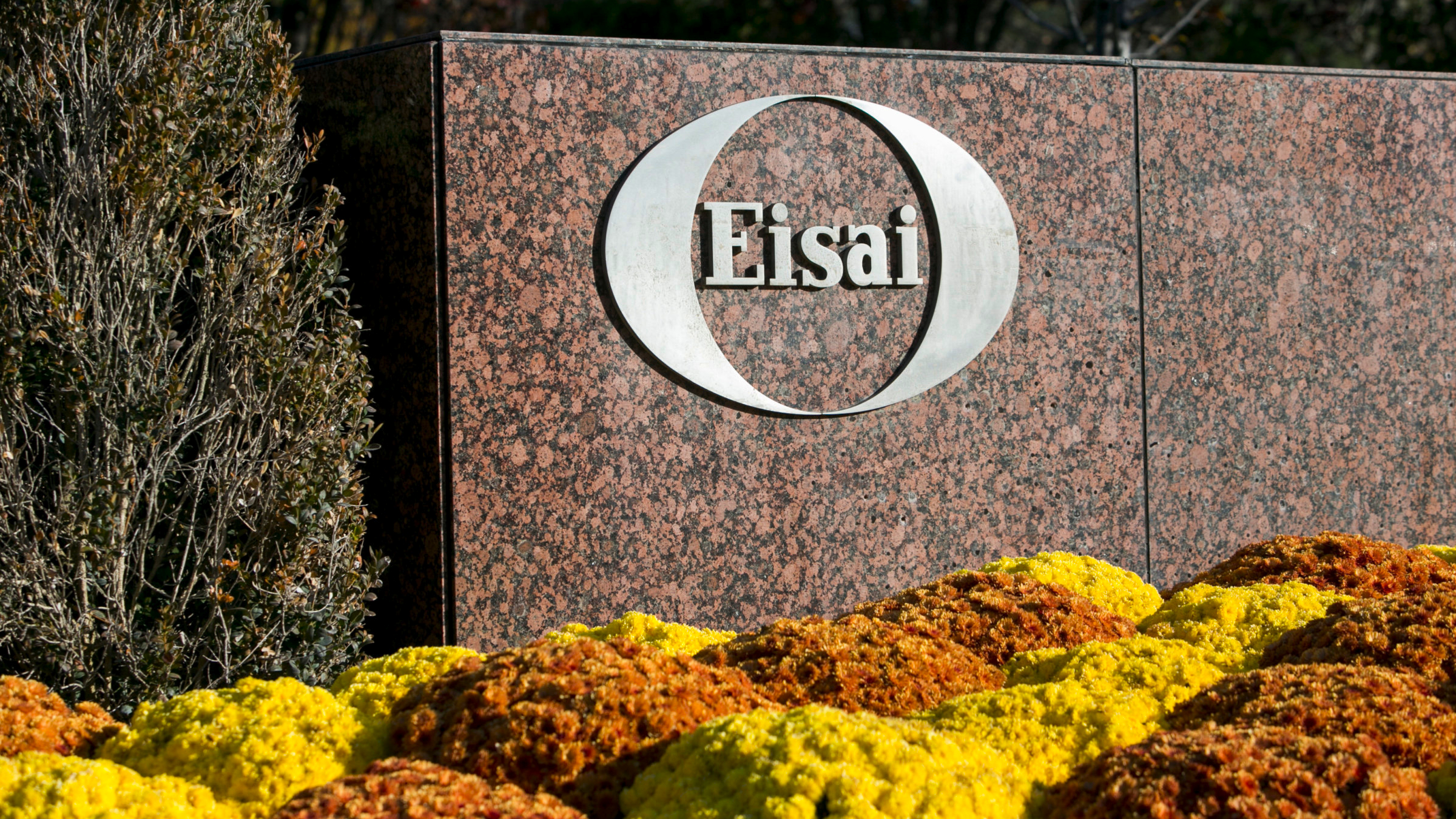
Eisai prices Alzheimer's drug at $26,500, below partner Biogen's Aduhelm
Eisai and Biogen will price their new Alzheimer’s treatment Leqembi at $26,500 per year, US CEO Ivan Cheung tells Endpoints News. With outcries over the …
Sign up to read this article for free.
Get free access to a limited number of articles, plus choose newsletters to get straight to your inbox.